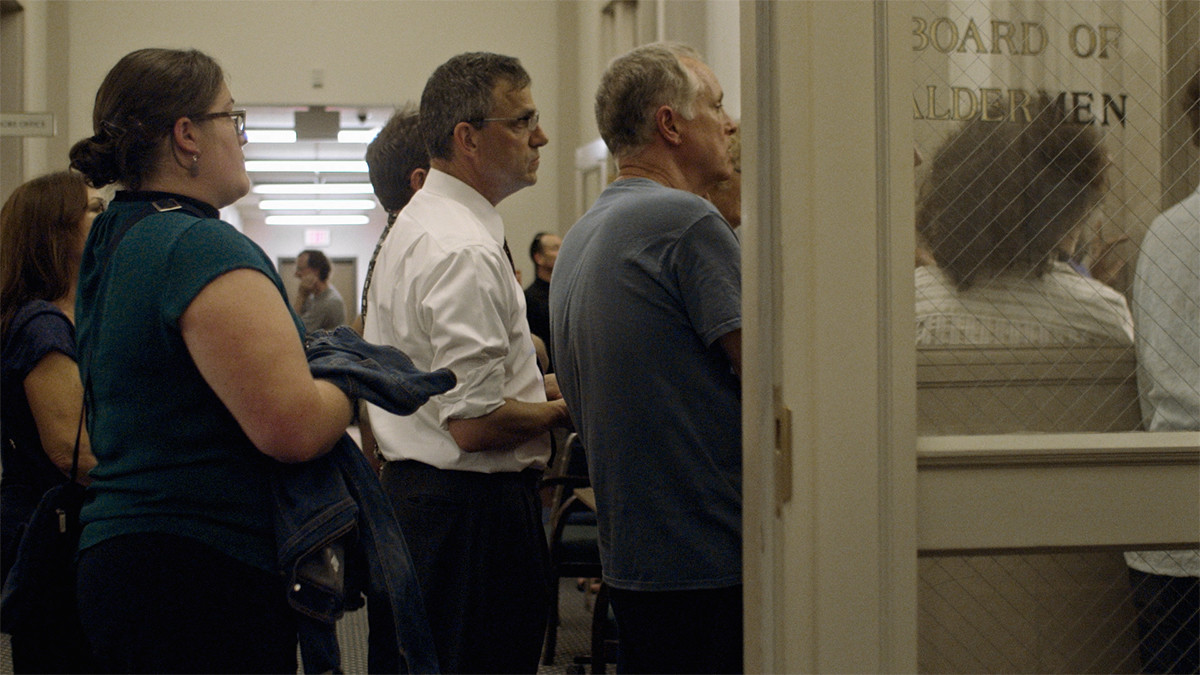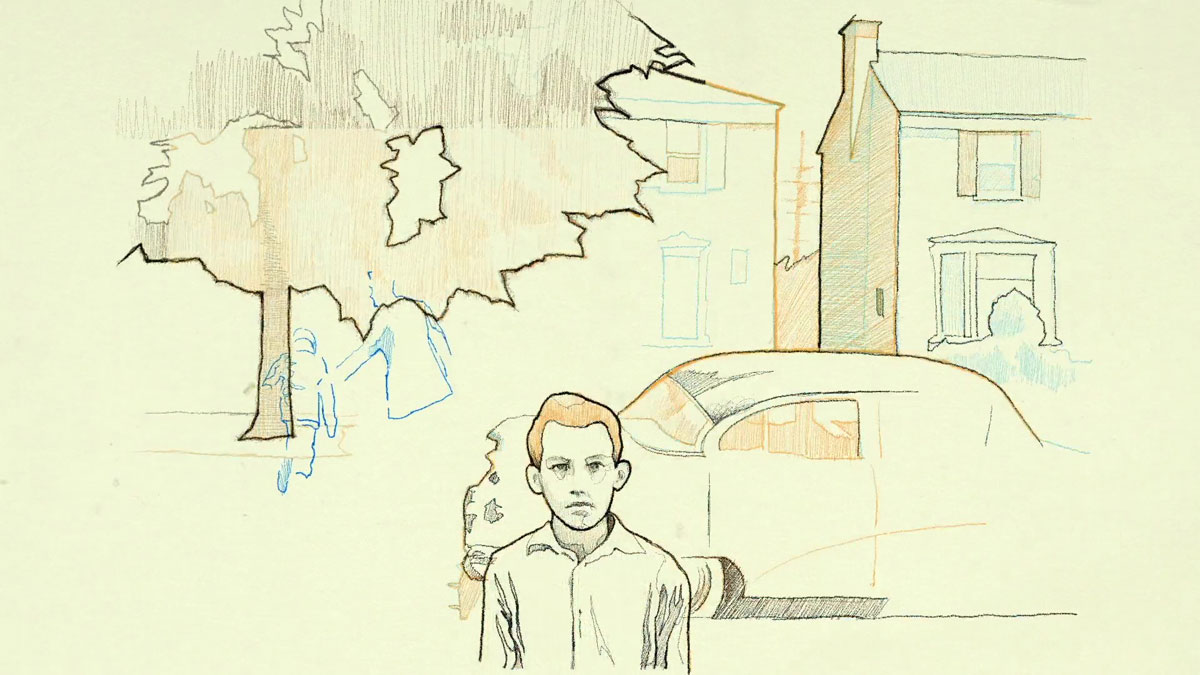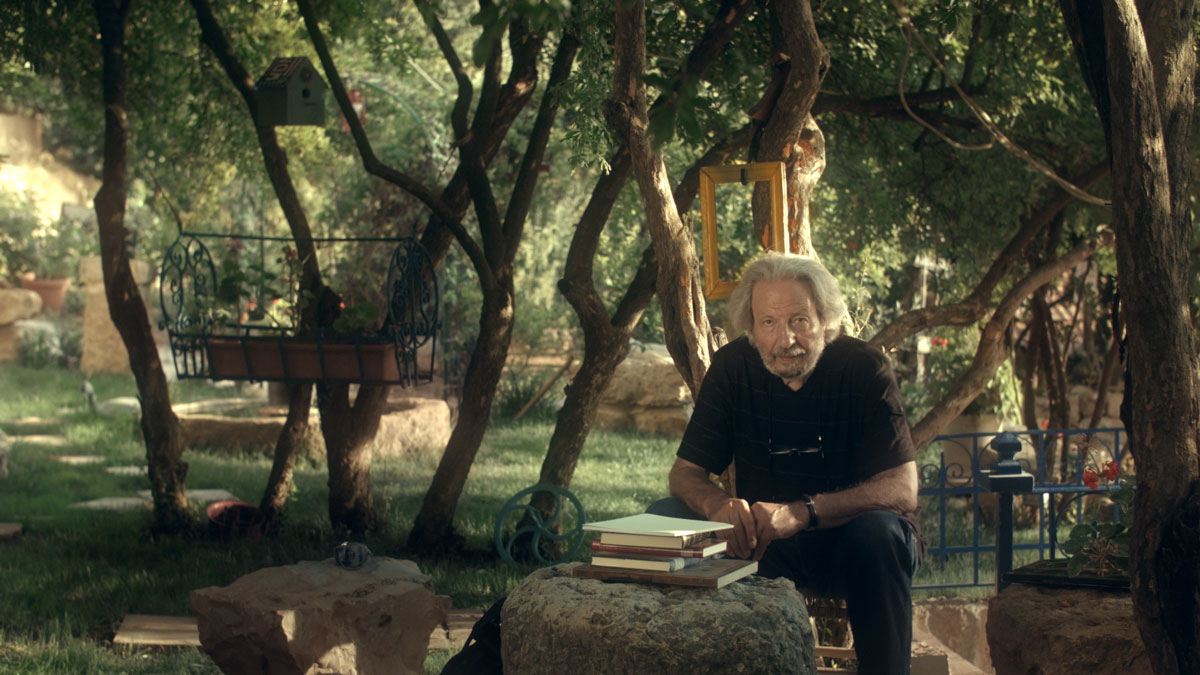To fulfill my undergraduate rhetoric requirement many years ago, I chose a course on satire. Around the fourth week our assignment was to pick up the current copy of National Lampoon, which provoked a brouhaha over a house ad touting a contest to predict the date of 76-year-old former First Lady Mamie Eisenhower’s death.
A little over half the students in the class were from Chicago and its suburbs while the other half were from small towns and rural hamlets, mirroring the enrollment at this large public university in downstate Illinois. Several students from the latter demographic angrily criticized the promotion (the prize was a year’s subscription, if memory serves) for unforgivable bad taste and appalling immorality. No disputing the first charge, but I didn’t see how venturing a guess could remotely influence or hasten a random stranger’s demise.
Your position on this crucial existential debate will determine your enjoyment of Mike Scholtz’s Riplist, a wry, intelligent sliver of singular American weirdness. Structured around their 2017 draft of potentially dearly departed celebrities in the coming year, the film queries seven unpretentious, self-aware Minnesotans about their obsession and competition, and the stigma of participating in a death pool. I chuckled practically nonstop through Riplist, which may be an indication of how much (or how little) I’ve matured since college.

Welcome to SF DocFest, the beloved annual compendium of odd, unusual nonfiction films from every nook and corner of our bizarro country and beyond. Waving off the pedigreed, high-profile docs that premiere at Sundance, get theatrical releases (or these days, national virtual releases) and chart a course for the Academy Awards, SF DocFest’s programmers opt for poignant, intimate works that miss the mainstream by dint of their iconoclasm and/or lack of a marketing hook.
Bumped by the pandemic from its June residency at the Roxie, SF DocFest plants its flag online from Sept. 3 through 20 with a program encompassing 25 features, nearly two-dozen short films and a plethora of streaming Q&As.





